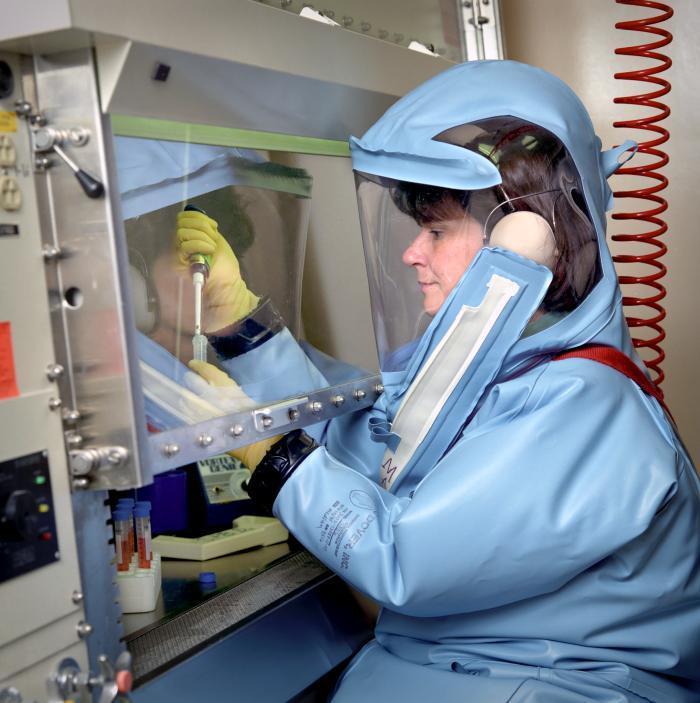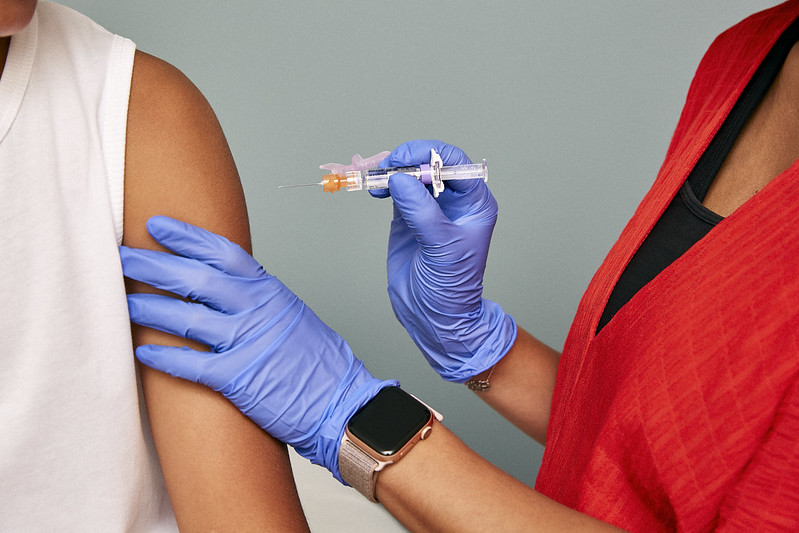US COVID levels continue slight upward trend
Hawaii this week warned about increasing cases, with test positivity now at 12.4%.


A group that advocates for better treatment and prevention for tuberculosis (TB), HIV, and hepatitis C yesterday is calling for the National Institutes of Health (NIH) to restore funding for scores of TB research projects.
The Treatment Action Group (TAG) said in a statement yesterday that, of the 40 research projects whose funding was suspended by NIH leadership earlier this month because they meet the definition of “dangerous gain-of-function research,” at least 22 apply to TB. The group says the projects are basic science studies aimed at improving the fundamental understanding of Mycobacterium tuberculosis, including how it develops resistance to antibiotics, how it persists despite treatment, and how it evades the immune system.
NIH’s suspension of funding for the studies is in response to an executive order issued by the Trump administration in May that placed new restrictions on federal funding for gain-of-function research, which involves modifying a pathogen’s genetic sequence to create models of human infection to see how it enters cells and the behaves in the human body.
A ‘poison arrow’ aimed at infectious disease research
TAG argues that the definition of gain-of-function research being used by the Trump administration is too broad and is a consequence of “extensive bad faith conspiracy theorizing” around the origins of COVID-19.
“The administration’s new policy on gain-of-function research is a poison arrow directed at infectious disease more broadly,” said TAG executive director Mark Harrington. “Studying a pathogen like TB involves working on the pathogen. Not all work on pathogens involves making them stronger or changing them in ways that pose a credible danger.”
The group added that, in its view, the suspended studies pose less of a risk to the American public than the “clear and present danger of TB,” which killed 1.3 million people in 2023.
“The Trump administration has put the health of all Americans at risk by setting back efforts to develop the drugs, vaccines, and intervention strategies required to protect communities in the United States and around the world from TB,” said Mike Frick, MSc, TAG’s TB Project co-director.



